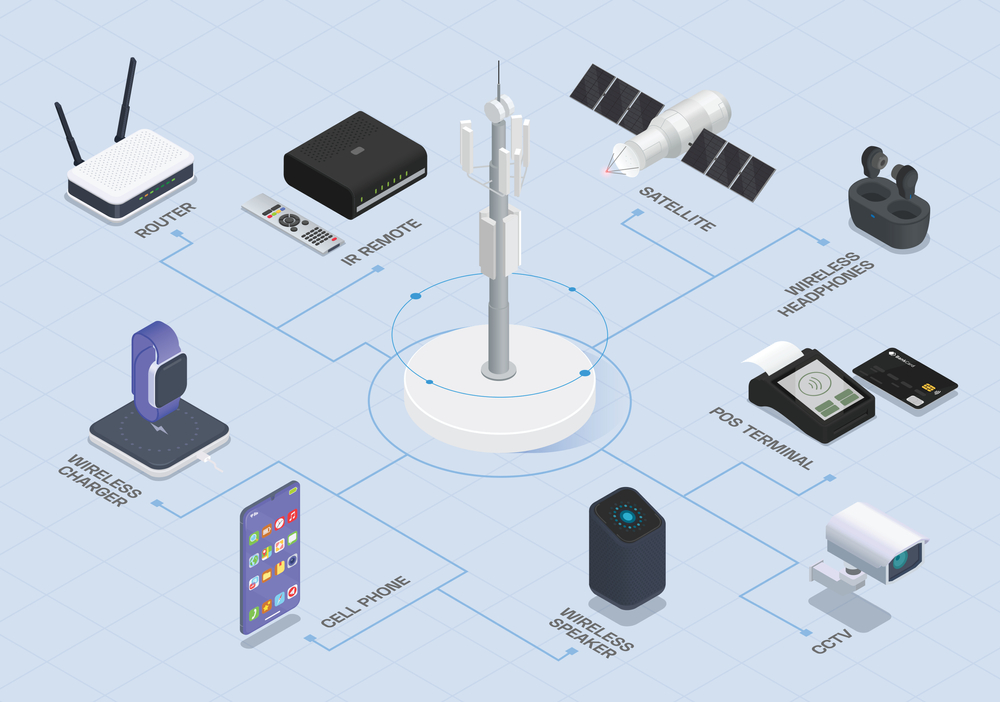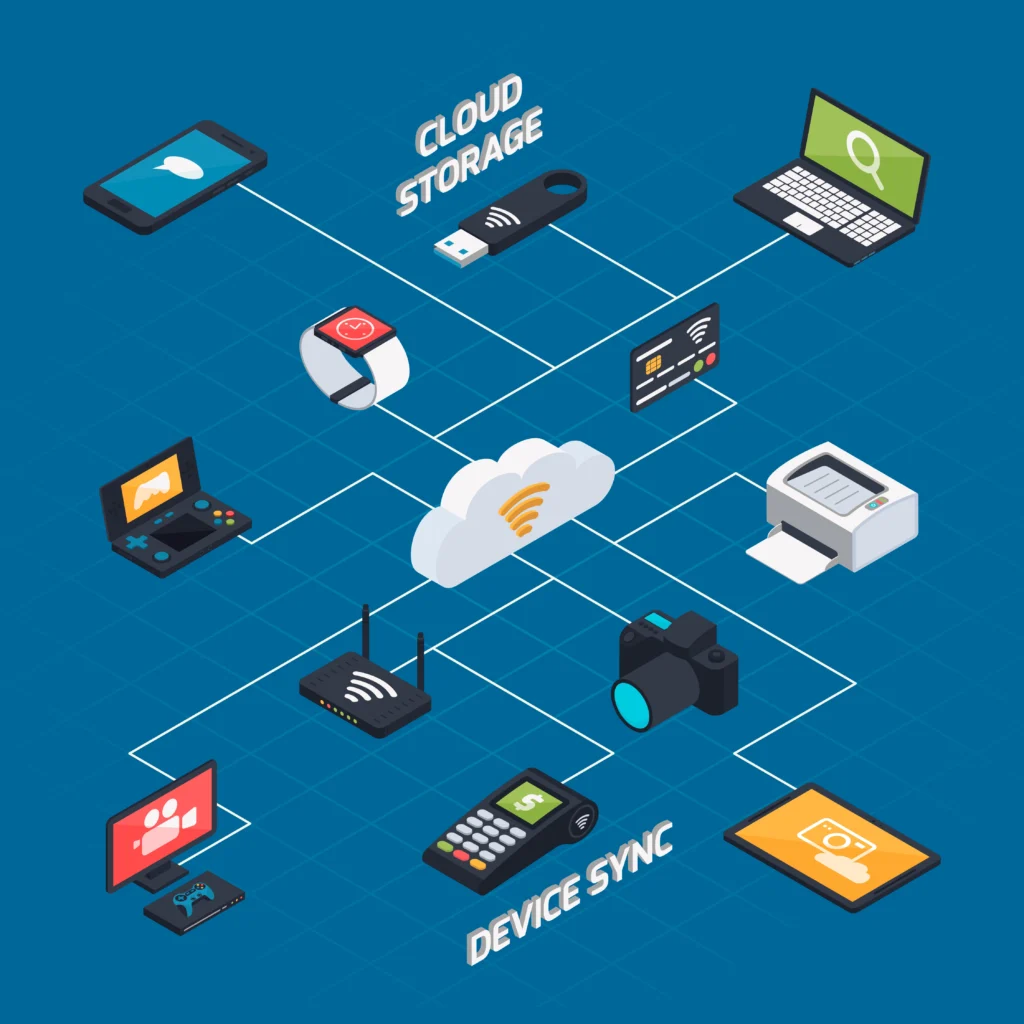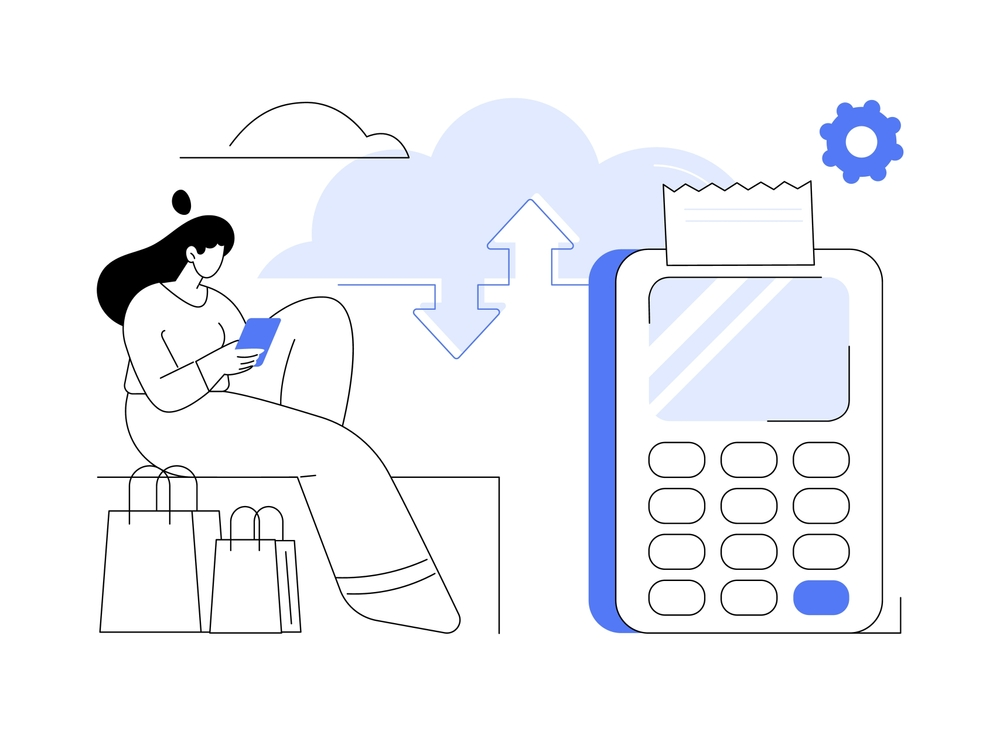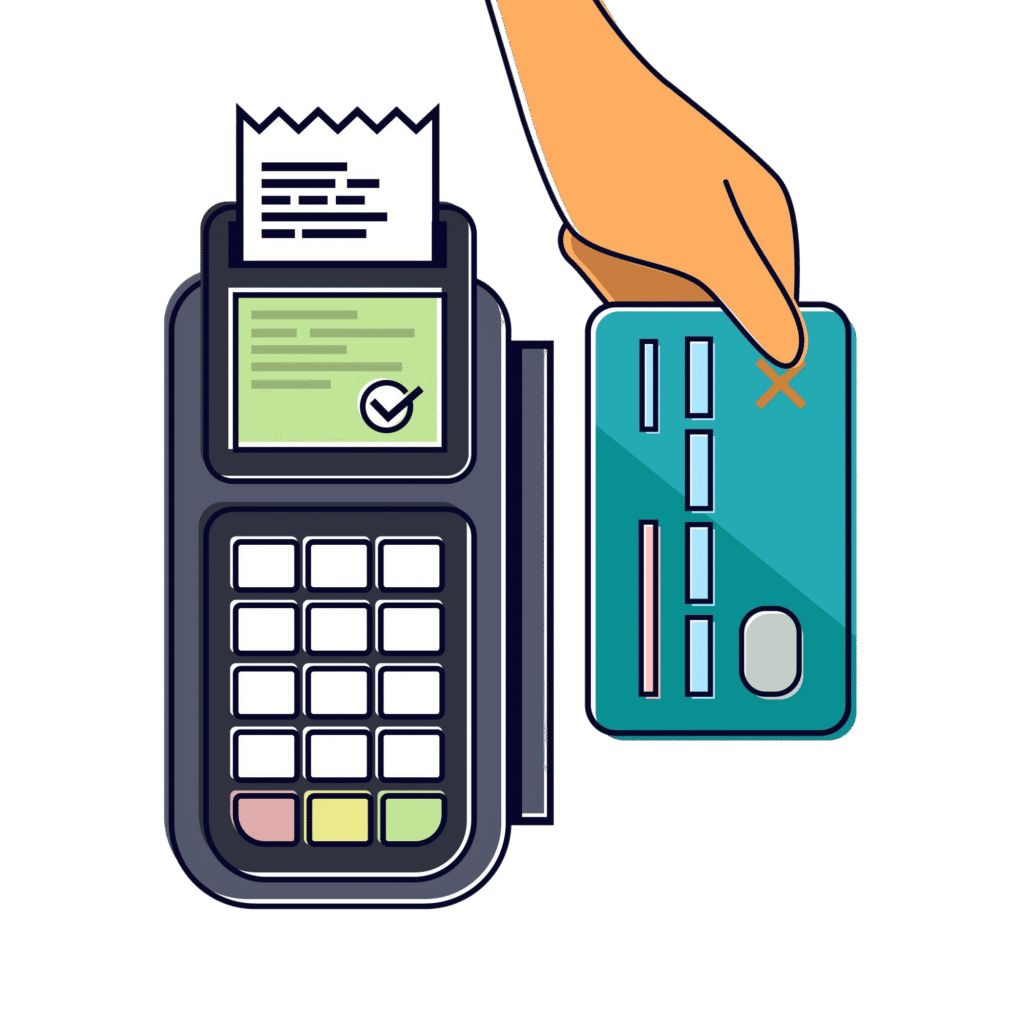Introduction
The adoption of cloud POS software for retail stores is transforming the way retail businesses operate. Implementing a retail cloud POS, which enables streamlining operations, better tracking of sales, and improved customer experience. In contrast to traditional Point-of-sale systems, a cloud-based POS system for retail provides flexibility, real-time data access, and scalability—making it an essential tool for modern retailers.
This guide provides insight into how a cloud point-of-sale system can revolutionize retail businesses, what to look for in one, and why HulmSolutions is one of the best options.

What is Cloud POS Software for Retail Stores?
A Retail cloud POS is a point-of-sale software that operates over the Internet, allowing businesses to process transactions, track inventory, and analyze sales from anywhere. Unlike traditional point-of-sale systems that require expensive hardware and local storage, cloud-based POS systems store all data securely on remote servers.
Key Differences Between Cloud and Traditional POS Systems
| Feature | Cloud POS System | Traditional POS System |
|---|---|---|
| Accessibility | Access from anywhere | Limited to store location |
| Cost | Subscription-based, lower upfront cost | High initial hardware & maintenance costs |
| Data Storage | Cloud-based, automatic backups | On-premise, risk of data loss |
| Software Updates | Automatic & frequent | Manual requires IT support |
Why Businesses Need Retail Cloud POS Software
The Evolution of Retail Cloud POS Software
Retailers have made a move from old point-of-sale systems to the cloud due to:
- The rise of e-commerce and omnichannel retailing.
- The need for real-time data access and analytics
- Increased demand for mobile and contactless payment options.
Challenges of Retailers Without a Retail Cloud POS Software
Retail shops that do not use cloud point-of-sale systems face:
- Inventory mismanagement, which results in stock shortages.
- Higher operational cost due to obsolete hardware
- Limited scalability, thereby making multi-shop operation difficult
Key Features to Look for in Retail Cloud POS Software
Inventory Management
A good cloud-based point-of-sale system for retail has to be:
- Live inventory updates
- Low stock alert system with auto-reordering
- Barcode scanning for correct tracking
Multi-Location and Multi-Device Compatibility
A retailer managing more than one location, thus, needs:
- A centralized dashboard to track the shops
- Interoperability across devices: tablets, desktops, and mobile
- Role-based access concerning employees
Secure Payment Processing
Cloud point-of-sale must have:
- Contactless payments: Google Pay and Apple Pay
- Credit/Debit card transactions
- Encryption for secure data to avoid fraud

Why Choose HulmSolutions in Retail Cloud POS
HulmSolutions Point of Sale of Overview
HulmSolutions point-of-sale is an enterprise-level cloud-based POS that helps retailers:
- Track sales in real-time
- Manage inventory efficiently
- Process various payment modes securely
- Scale with ease
Benefits of Using HulmSolutions Point of Sale
Real-Time Sales Tracking
- Daily, weekly, and monthly sales trend monitoring
- Customizable reports generation
- Instant best-seller identification
Advanced Inventory Management
- Automatic updates on stock levels
- AI-based demand forecasting
- Import/export feature for bulk products
Seamless Multi-Shop Management
- Multiple locations from one dashboard
- Synchronized product catalogs and pricing across shops
- Role-based access permissions for staff
Speedy and secure checkout
- Accept cash, cards, and mobile payments
- Supports all major payment gateways
- Supports contactless and QR code payments
Real-World Applications of Cloud POS Systems in Retail
Supermarkets
- Self-updating prices for seasonality
- Compatibility with weighing balances for fruits and vegetables
- Rapid checkout systems for large volumes of customers
Clothing & Accessories Shops
- Inventory of size and color of different variants to easily manage stock
- Promotions and loyalty plans customized according to customer needs
- Flexible exchange and return policies management
Electronics & Household Appliances Retailers
- Tracking product serial number for warranty claims
- Monitoring high-value sales for specific retailer groups to check fraud
- Multi-store synchronization of products

How to Choose the Right Retail Cloud POS
Consider Business Size & Needs
- Small businesses need affordability and ease of use
- Mid-sized retailers require inventory automation and CRM tools
- Enterprise retailers need multi-store and omnichannel support
Compare Pricing & Features
Look for a cost-effective plan with:
- No hidden fees
- Free software updates
- 24/7 customer support
Check for Integrations
A good cloud point-of-sale system should integrate with:
- Accounting tools like QuickBooks, Xero
- E-commerce platforms like Shopify, WooCommerce
- CRM and marketing automation tools
Conclusion
A cloud-based POS system is no longer a luxury but a necessity. Retailers who embrace Retail Cloud POS software such as Hulm Solutions have the following benefits:
- Real-time analytics for better business decisions
- Automated tracking of inventory to avoid stock-related issues
- Fast and secure payment processing to increase customer satisfaction
- Scalability for business growth
For businesses seeking the best retail cloud POS system, HulmSolutions point-of-sale is an all-in-one free POS solution to streamline operations and maximize profitability.
Frequently Asked Question
Q1. Is a cloud POS system secure?
Ans. Yes! Cloud POS software employs encrypted connections and PCI-compliant payment gateways to secure transactions.
Q2. Can I access a cloud POS system from any device?
Ans. Yes! HulmPOS can be accessed from desktops, tablets, and mobile devices.
Q3. Does HulmPOS support multi-location businesses?
Ans. Absolutely! HulmPOS offers centralized management for multiple stores.
Q4. How much does HulmPOS cost?
Ans. HulmPOS offers affordable pricing plans with no hidden fees.
Q5. Can I connect HulmPOS to my e-commerce?
Ans. Yep! HulmPOS connects with Shopify, WooCommerce, and more.

